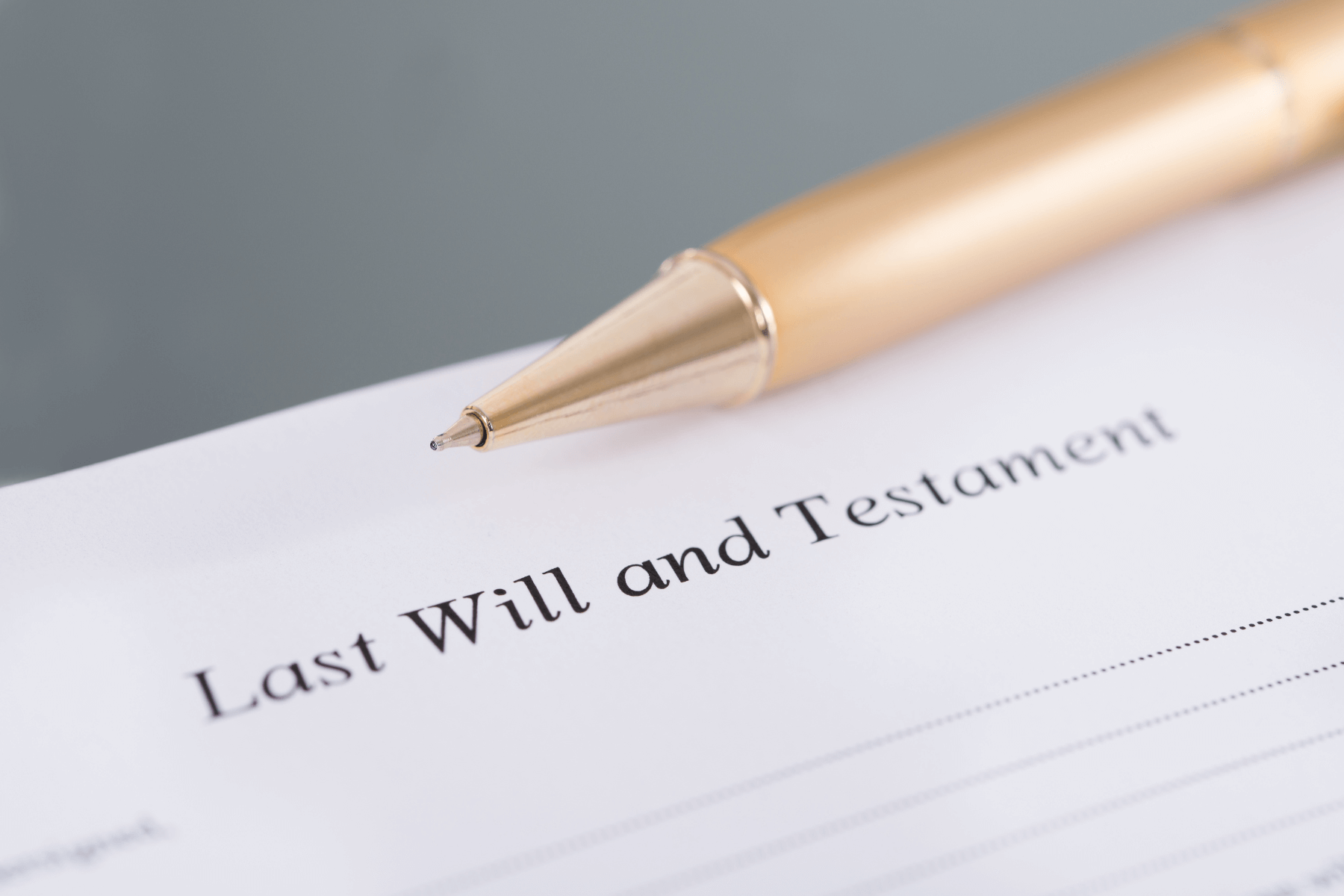What to Do When a Loved One Dies Without a Will in Queensland

Losing a loved one is difficult, and dealing with their affairs can be overwhelming, especially if they didn’t leave a will. When someone dies without a will, they are said to have died intestate, and in Queensland, specific laws determine how their estate is managed and distributed. If you’ve been tasked with handling the estate of a loved one who died intestate, here’s a simple guide to help you understand the process.
What Does “Intestate” Mean?
If someone passes away without a valid will, their estate is considered intestate. This means they didn’t leave instructions about how they wanted their money, property, and possessions to be divided. When this happens, the law steps in and decides how the estate will be distributed.
In Queensland, the Succession Act 1981 governs the rules of intestacy. These rules outline who is entitled to inherit based on the relationship between the deceased and their surviving family members.
Who Handles the Estate?
When a person dies without a will, the first step is to appoint someone to manage their estate. This person is known as the administrator. The administrator’s role is similar to that of an executor (someone named in a will to carry out the deceased’s wishes), but since there’s no will, the court is involved in their appointment.
To become the administrator, you will need to apply for what’s called letters of administration. This is a legal document issued by the Supreme Court of Queensland that gives you the authority to manage the estate. If you’re a close relative of the deceased, you’re usually first in line to apply for this role.
How Is the Estate Distributed?
Once you have been appointed as the administrator, your job is to distribute the estate according to Queensland’s intestacy rules. The rules are clear about who gets what, depending on who survived the deceased.
- If There’s a Surviving Spouse and No Children
If the deceased had a spouse (which includes de facto partners) but no children, the spouse receives the entire estate. - If There’s a Surviving Spouse and Children
If there’s both a spouse and children, the spouse is entitled to the first $150,000, all personal belongings, and a share of the remaining estate. The rest is divided between the spouse and children:
The spouse gets half of what’s left if there’s only one child.
If there are two or more children, the spouse gets one-third, and the rest is divided equally among the children. - If There Are Only Children and No Spouse
If the deceased leaves behind only children, the estate is divided equally among them. - If There’s No Spouse or Children
If the deceased didn’t have a spouse or children, the estate passes to their next of kin. This could be parents, siblings, or other relatives, depending on who is alive at the time of death. If no relatives can be found, the estate may go to the Queensland government.
What Are the Administrator’s Responsibilities?
As the administrator, you have several key duties. These include:
- Collecting all assets (such as property, bank accounts, and personal possessions)
- Paying off any outstanding debts and taxes
- Distributing the remaining assets to the rightful beneficiaries, as determined by the intestacy rules
You must carry out these duties in a responsible and transparent manner, ensuring that the estate is handled fairly and according to the law. This can be a complex process, so it’s often a good idea to seek legal advice or assistance from professionals experienced in estate administration.
Conclusion
Administering the estate of a loved one who has died intestate can feel daunting. Understanding the intestacy rules and your responsibilities as an administrator is the first step in ensuring the estate is managed properly. Although the process can be complex, there are resources and legal professionals available to guide you through it, helping to ensure that the estate is distributed according to Queensland law.







